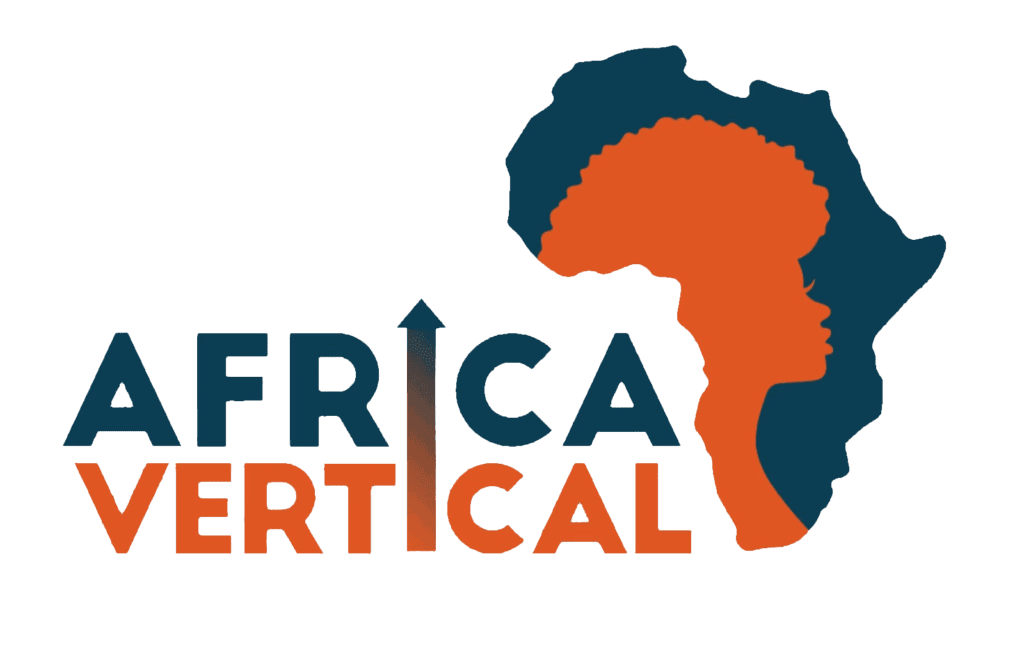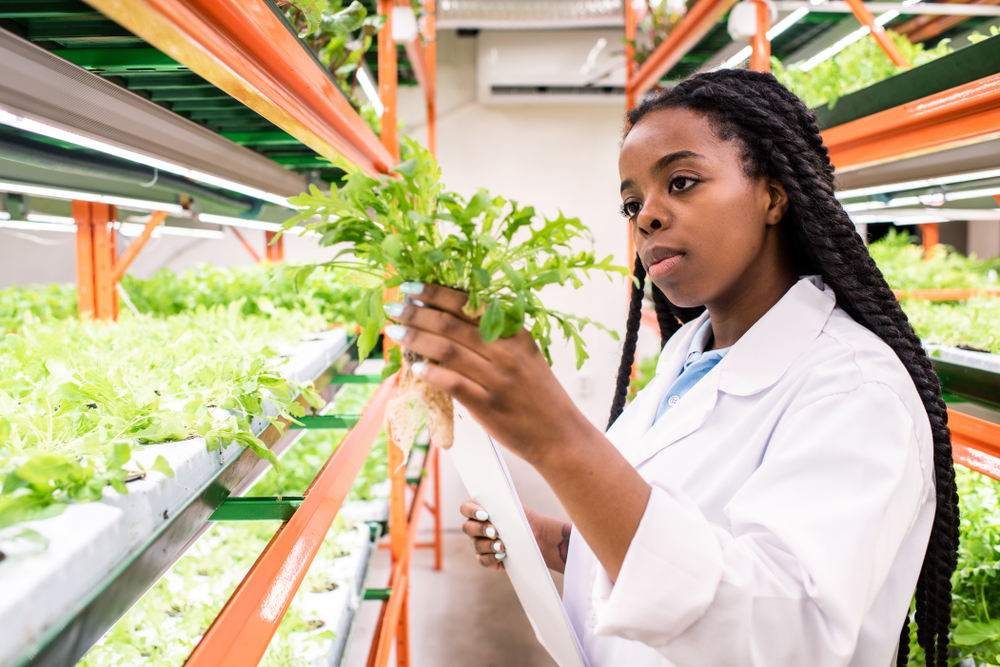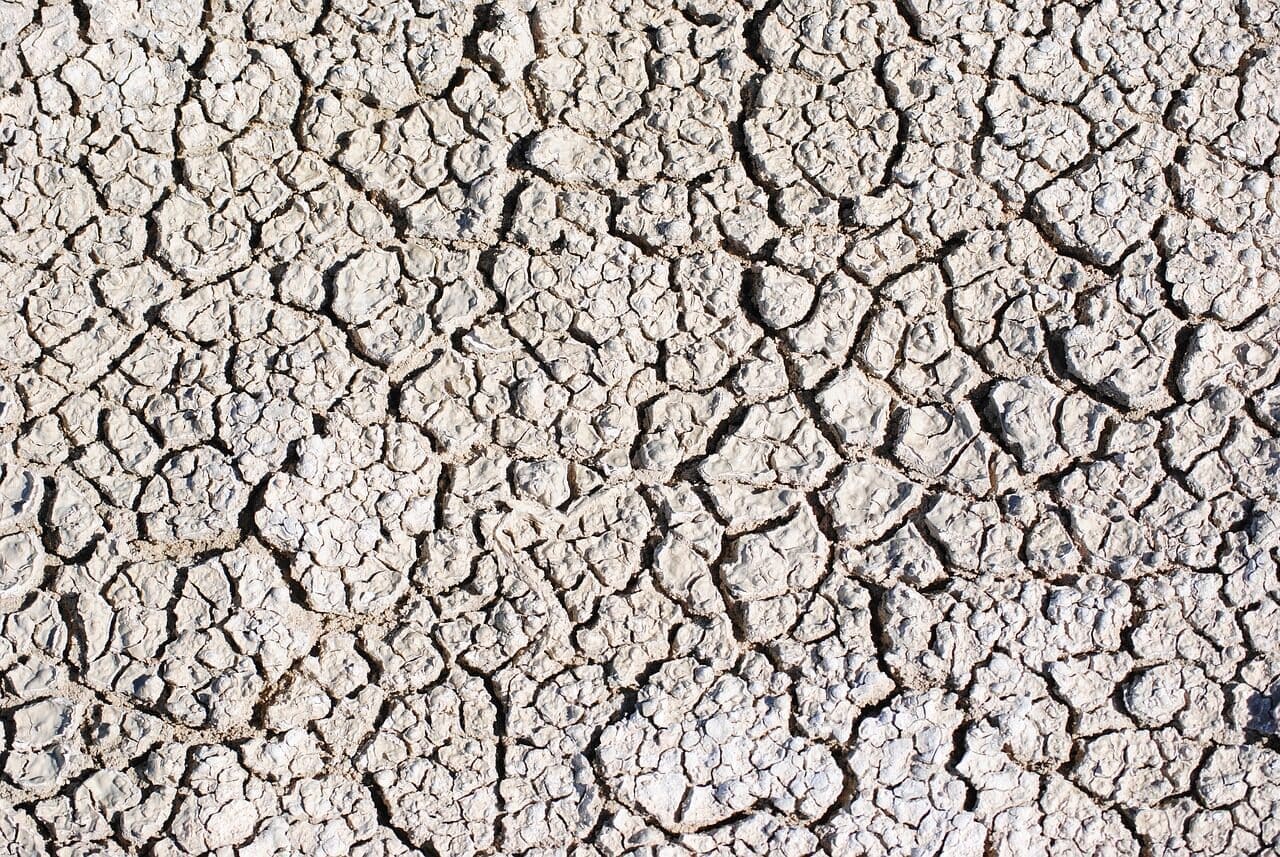Transforming Subsistence Farming in Sub-Saharan Africa with AI
Future Goals
Farmers participate in a hands-on training session to learn about new AI tools and technologies. Solar panels power AI devices in a remote farming community, ensuring continuous operation.
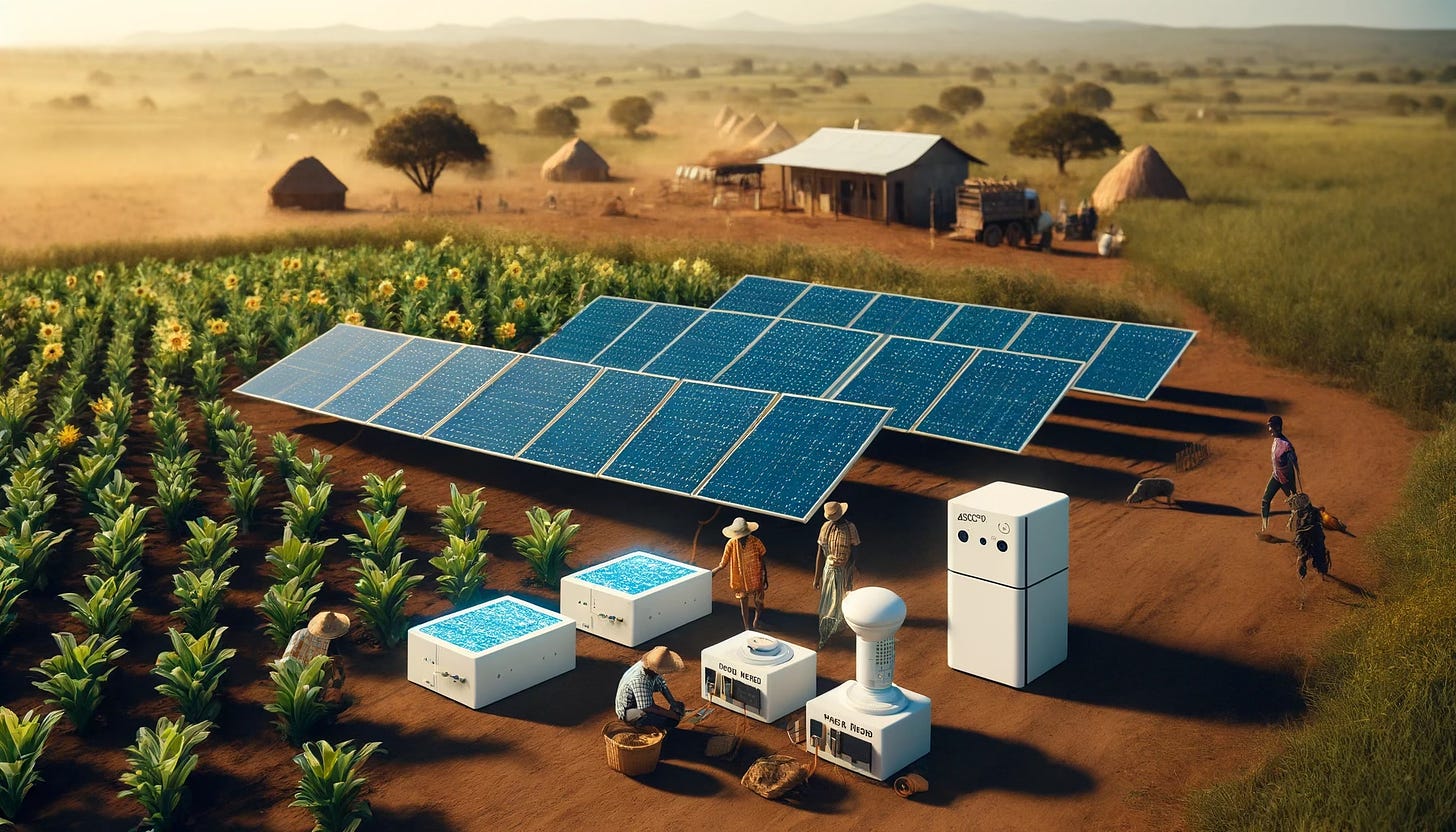
Welcome to a transformative journey where AI meets traditional farming in sub-Saharan Africa. As the AI Strategist for Africa Vertical, I’m thrilled to share how our organization leverages social entrepreneurship to empower women through innovative, sustainable development solutions. Our mission is clear: to enhance food security and create economic independence for African women.
Our Current Farming Practices
Planning for AI Integration
Water Control
Predictive Analytics for Crop Management
Soil Health Monitoring
Low-Cost AI Devices and Offline Solutions
Training and Capacity Building
Data Collection and Management
Sustainable Energy Solutions
Partnerships and Collaborations
Conclusion
Let’s Discuss!
Visualizing the Future
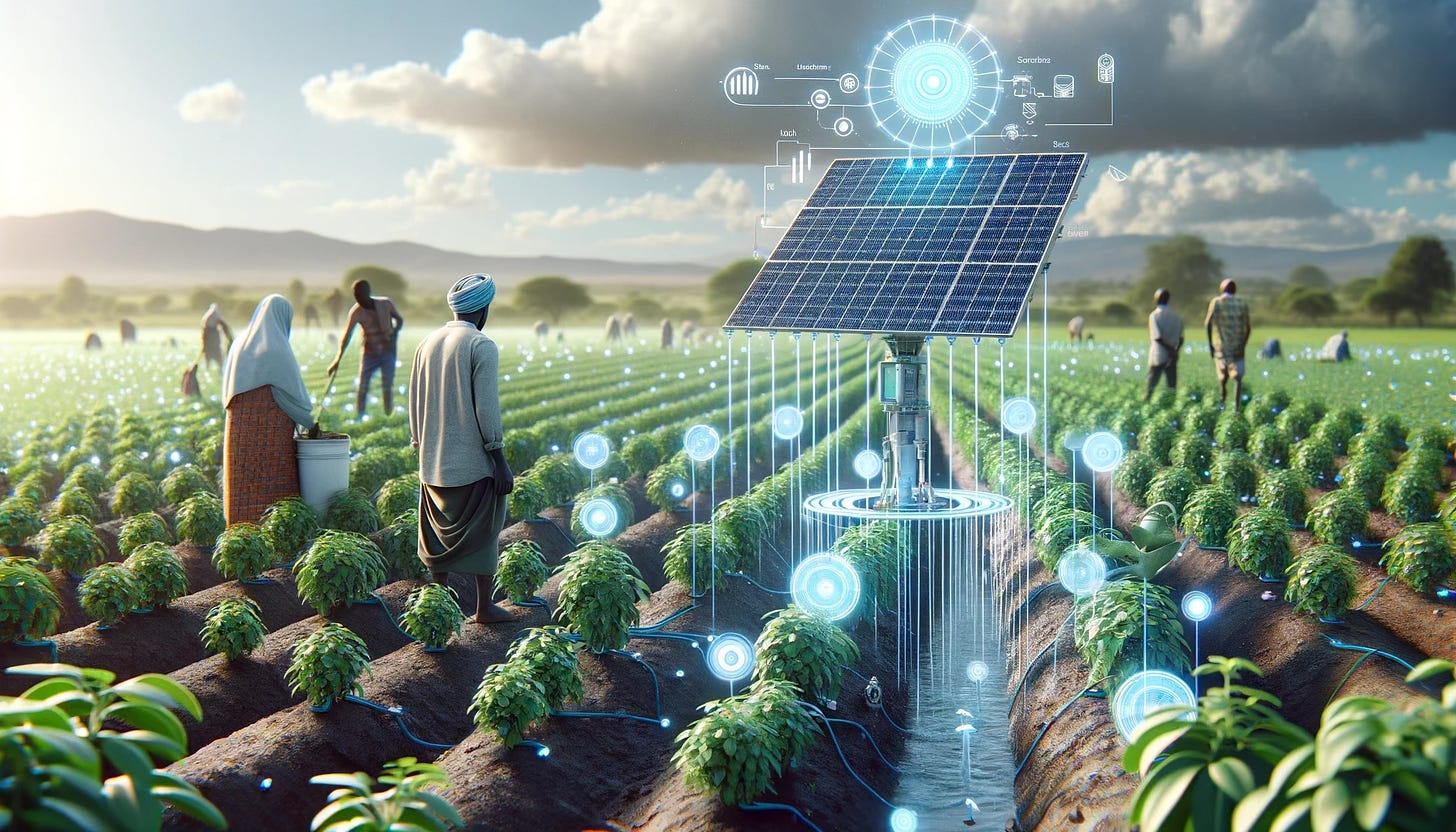
An AI-powered smart irrigation system optimizes water usage based on real-time data.

Edge computing devices help monitor crop health and predict pest outbreaks.
Get Involved
If you’re passionate about AI and sustainable agriculture, there are many ways to get involved. Whether through research, funding, or fieldwork, your contributions can help us make a difference. Reach out to us to learn more about how you can participate in this groundbreaking initiative.
Stay Connected
Thank you for joining us on this journey towards a sustainable and prosperous future for subsistence farmers in sub-Saharan Africa. Let’s work together to harness the power of AI and create a better tomorrow!
